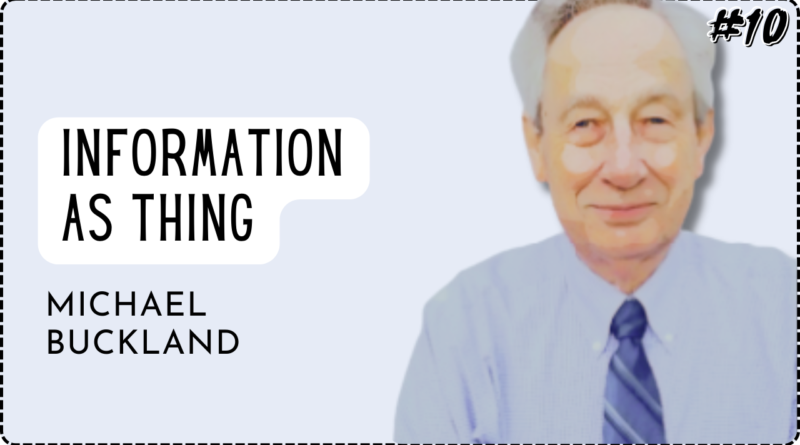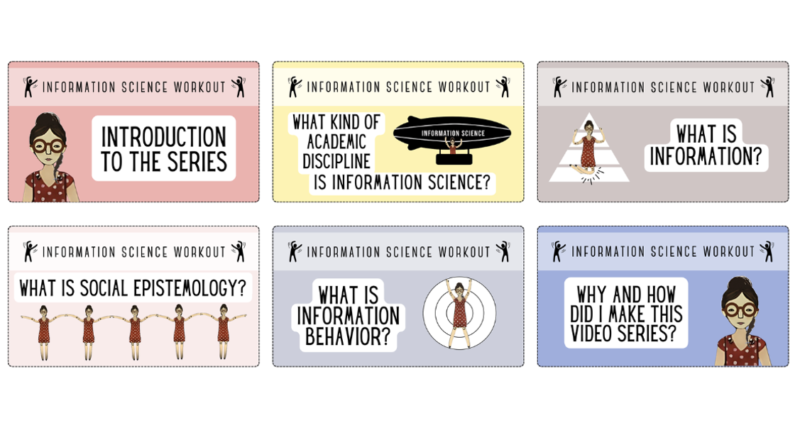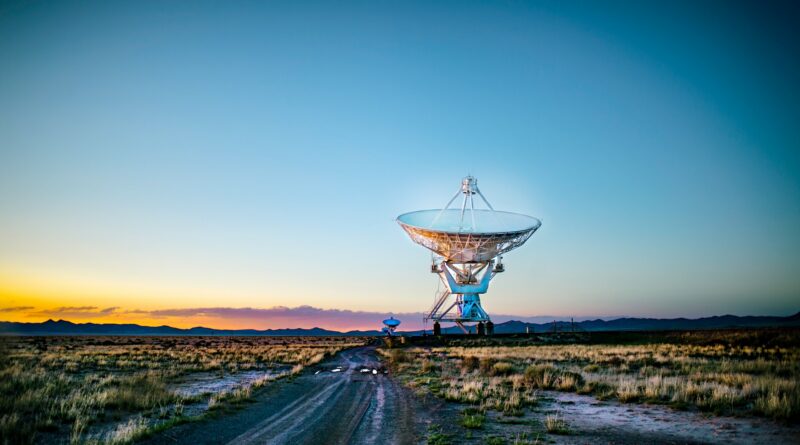The enduring human quest to understand if we are alone in the universe has driven the development of the Search for Extraterrestrial Intelligence (SETI) programs. These programs employ a diverse toolkit of techniques aimed at detecting potential technosignatures, or signals indicative of technological activity beyond Earth. Despite these advancements, traditional methods face inherent limitations, particularly regarding the selection of appropriate models to interpret experimental data. Traditional model selection methods often rely on researcher intuition and experience, introducing subjectivity and potential biases. To address these limitations, the Finite Information Quantity (FIQ) approach is presented as an objective solution for model selection. FIQ acknowledges the inherent constraints in information processing capacity within physical systems, providing objective criteria for evaluating different models. By considering comparative uncertainty, FIQ minimizes bias and promotes a more comprehensive understanding of phenomena.
Read More














